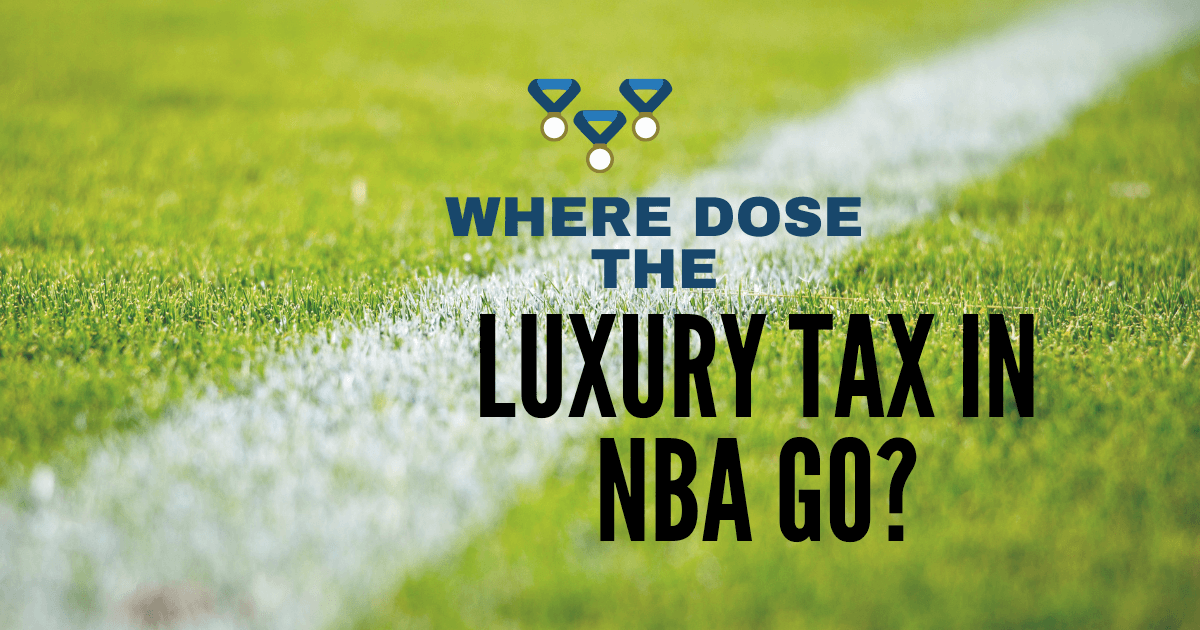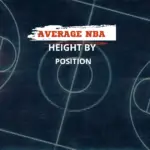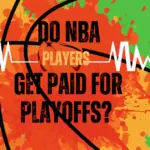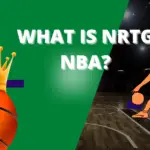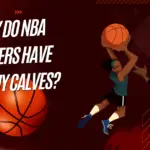The revenue generated from luxury taxes is distributed among all NBA franchises equally to help promote competitive balance throughout the league. This redistribution of funds means that teams with lower payrolls can compete with those who spend beyond their means. Additionally, some money goes toward financing other league initiatives, such as veteran minimum contracts and player benefits.
Overall, luxury taxes money plays an important role in helping maintain financial parity between teams and allowing them to compete more equitably.
What Is The Luxury Tax In The NBA?

The luxury tax in the NBA is an additional fee that teams must pay when they spend above a certain amount of money on salaries for players. This tax was designed to keep teams from spending too much on player salaries and stop any team from having an unfair advantage over another due to their financial resources.
The threshold for this tax varies each year depending on how much revenue each team generates, but it generally requires teams to be under a predetermined payroll amount. Teams that exceed the limit are then subject to a “luxury tax,” calculated based on how far over the limit they go. The more a team spends, the higher their luxury tax bill will be at the end of each season.
Has The Luxury Tax Prevented Competitive Disparity In The NBA?
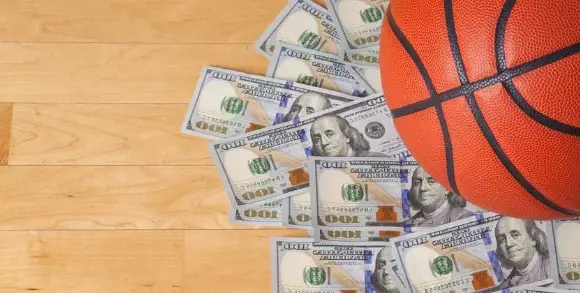
The NBA luxury tax has been in place since the 2002-03 season. The effectiveness of the luxury tax in preventing competitive disparity within the league can be seen in recent years. Teams that have exceeded their salary caps have often been disadvantaged when competing for championships. This has helped level the playing field between big and small markets, allowing more parity across all thirty franchises.
What Is The Luxury Tax Outlook For The 2022-2023 NBA Season?
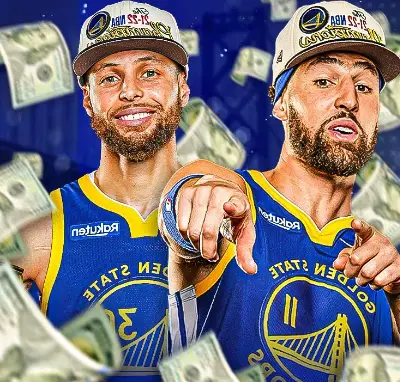
The 2022-2023 NBA season will significantly impact the league’s luxury tax outlook. At the end of the previous season, the collective bargaining agreement set the luxury tax threshold for this upcoming season at $150.267 million . Any team whose payroll exceeds this amount will be subject to a hefty fine and potentially hefty consequences for doing so.
In addition, teams must also be mindful of their salary cap numbers when considering whether they should exceed the luxury tax threshold. Teams can exceed the cap by using mid-level exceptions, trades, or signing players to one-year contracts that are non-guaranteed and don’t count against the salary cap.
What Happens If An NBA Team Goes Over The Luxury Tax?
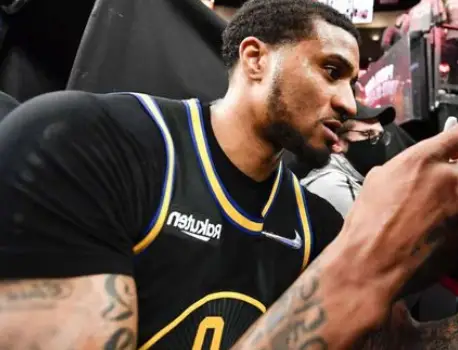
When a team goes over the luxury tax threshold, they must pay an additional fee based on how much they exceed it. The amount of money a team pays in taxes can vary depending on how much it exceeds the cap and whether or not it has gone into ‘repeater’ territory.
What Is An NBA Luxury Tax Repeater?
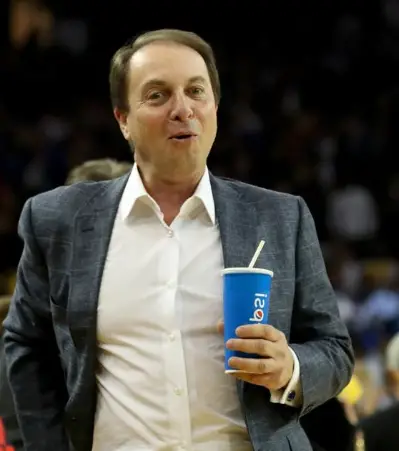
An NBA luxury tax repeater is a team that has paid the luxury tax for three or more consecutive seasons. When a team pays the luxury tax for three consecutive seasons, they are classified as an “escalator,” which carries harsher penalties than the regular luxury tax. These penalties include higher payments and further restrictions on acquiring new players via free agency or trade. In addition, teams who qualify as repeaters will be subject to harsher salary-cap restrictions which could limit their ability to acquire new talent in future seasons.
Who Pays The Most Luxury Tax In The NBA?
The team that pays the most in this luxury tax is currently the Los Angeles Clippers (LAC). In the 2020-2021 season, their payroll for the luxury tax was an impressive $190,693,349. That’s the most in the league and more than $83 million above the luxury threshold. It’s also a lot higher than any of the other teams that will pay luxury tax this season.
Which NBA Team Has No Luxury Tax?
The only NBA franchise with no luxury tax obligation is the San Antonio Spurs. The Spurs have managed their finances so that they can afford to pay their players without worrying about an additional burden on their salary cap. This allows them to stay competitive and remain one of the top organizations in the league year after year. Furthermore, it also helps them invest more money into scouting and player development which sets them up nicely for long-term success.
FAQs
When did the NBA luxury tax start?
The NBA’s luxury tax system was first introduced in the 2000-2001 season as a part of the new Collective Bargaining Agreement (CBA).
How much is the salary cap for 2023-2024?
The National Basketball Association has officially declared the salary cap for the 2023-24 season, setting it at $136.021 million.
What are NBA luxuary tax rules?
- Threshold: The luxury tax threshold is set each year, and it’s a number that’s higher than the salary cap. Teams that spend more on player salaries than this threshold are required to pay a luxury tax.
- Tax rate: The luxury tax is not a flat rate. It uses an incremental scale, meaning that the rate increases as a team goes further above the luxury tax threshold. This system, called the “tax apron”, became more punitive after the 2011 CBA.
- Repeat Offender Rate: Teams that exceed the luxury tax threshold in three out of four seasons pay a higher, ‘repeat offender’ rate.
- Trade Rules: Teams above the tax apron have restrictions on the trades they can execute. They also are limited in their ability to use the mid-level exception to sign free agents.
- Distribution: The money collected from the luxury tax is primarily distributed among teams that did not exceed the salary cap, though some is also used for league purposes.
InfoGraphics:
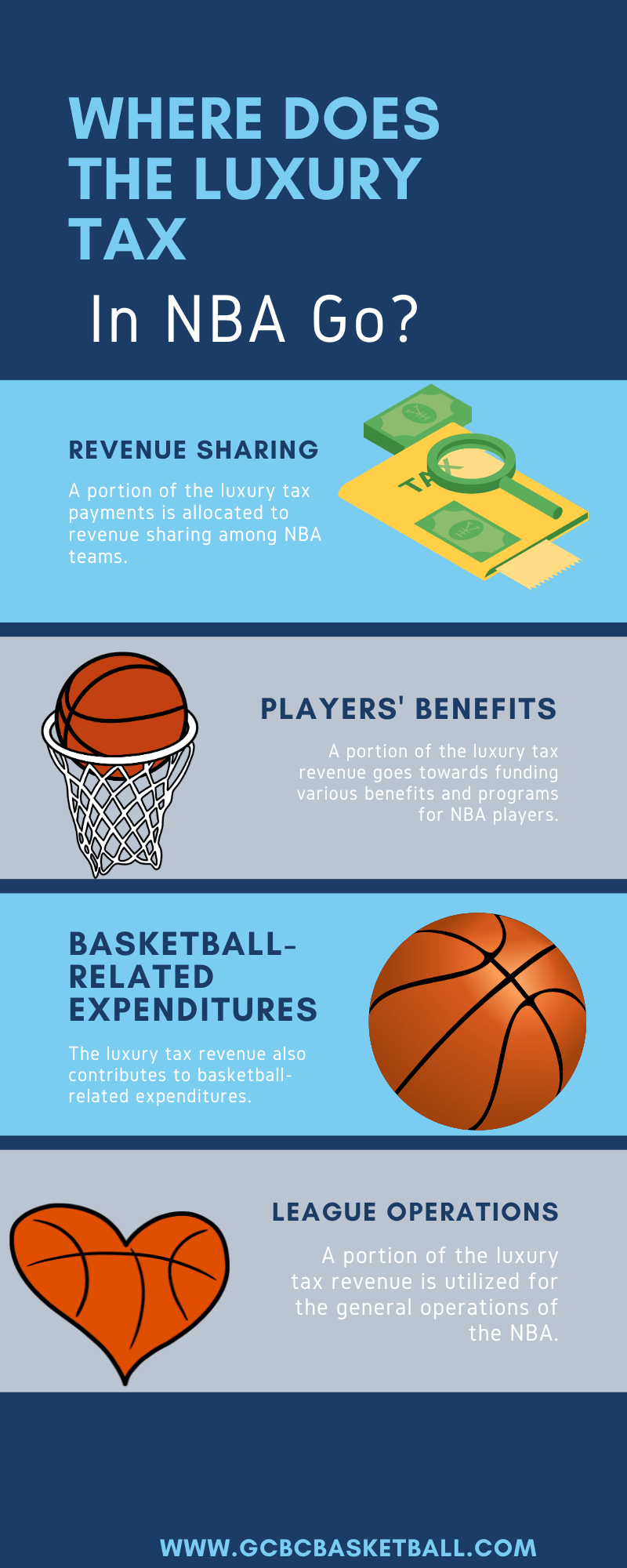
Are the dodgers under the luxury tax?
I’m not able to provide real-time information. To find out if the Los Angeles Dodgers are currently under the luxury tax, I recommend checking the latest news or the official MLB website for their financial status.
Conclusion:
The luxury tax in the NBA provides a valuable revenue stream for the league and its teams. It has been instrumental in helping to level the playing field among teams and increase overall league competitiveness. The luxury tax allows teams with higher payrolls to pay more, while teams with lower payrolls can benefit from the extra revenue.

Clyde Jackson III is a basketball coach and the founder of GCBC Basketball, a basketball-related learning and informational website that focuses on helping young players develop their skills on and off the court. With over 15 years of coaching experience, Clyde has worked with players of all ages and skill levels, from beginners to professionals.

